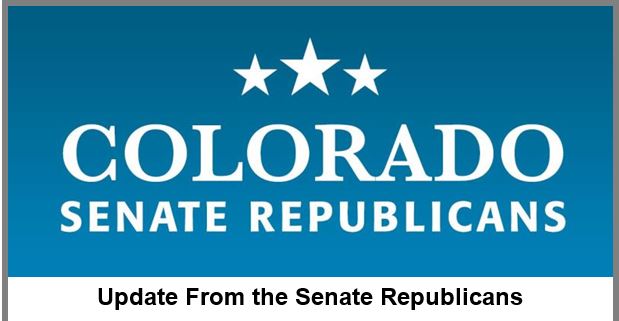West Slope lawmakers talk TABOR, water at Club 20
Thurlow chimes in on effort to recall him: ‘That’s their right’
4/3/2015
By Ron Bain
THE COLORADO STATESMAN
GRAND JUNCTION — A panel of seven Western Slope legislators — six Republicans and one Democrat — discussed diverse issues they’re working on in the state legislature at the Club 20 annual meeting on March 28, focusing on water, energy, the economy, TABOR and federal lands.
Sen. Randy Baumgardner, R-Hot Sulphur Springs, said he and Sen. Jerry Sonnenberg, R-Sterling, had introduced a bill, SB 15-232, that would create a Federal Land Management Commission to study the transfer of federally managed public lands to Colorado. But that doesn’t mean the lands would be sold to the highest bidder, he added.
“I know there’s a lot of people running around with their hair on fire, afraid that we’re going to sell the lands, but that’s not what the bill is all about,” Baumgardner said.
Rep. Don Coram, R-Montrose, who also attended the panel discussion, is the House sponsor for the land transfer study bill.
During a discussion of conflicting constitutional amendments, Sen. Ellen Roberts, R-Durango, confessed that the state legislature has been making end runs around the Taxpayer’s Bill of Rights.
“We did not follow the Constitution,” Roberts said. “We made up something called the ‘negative factor’. There are budgetary tricks.”
Amendment 23, which mandates yearly increases in K-12 education funding, is in conflict with TABOR, which restricts the growth of government revenues, a dilemma that several of the legislators complained about. Club 20 member Chris Treese asked the panel to discuss that conflict.
Sen. Kerry Donovan, D-Aspen, said she was extremely frustrated by TABOR. Continue reading →

 Sen. Pat Steadman
Sen. Pat Steadman



